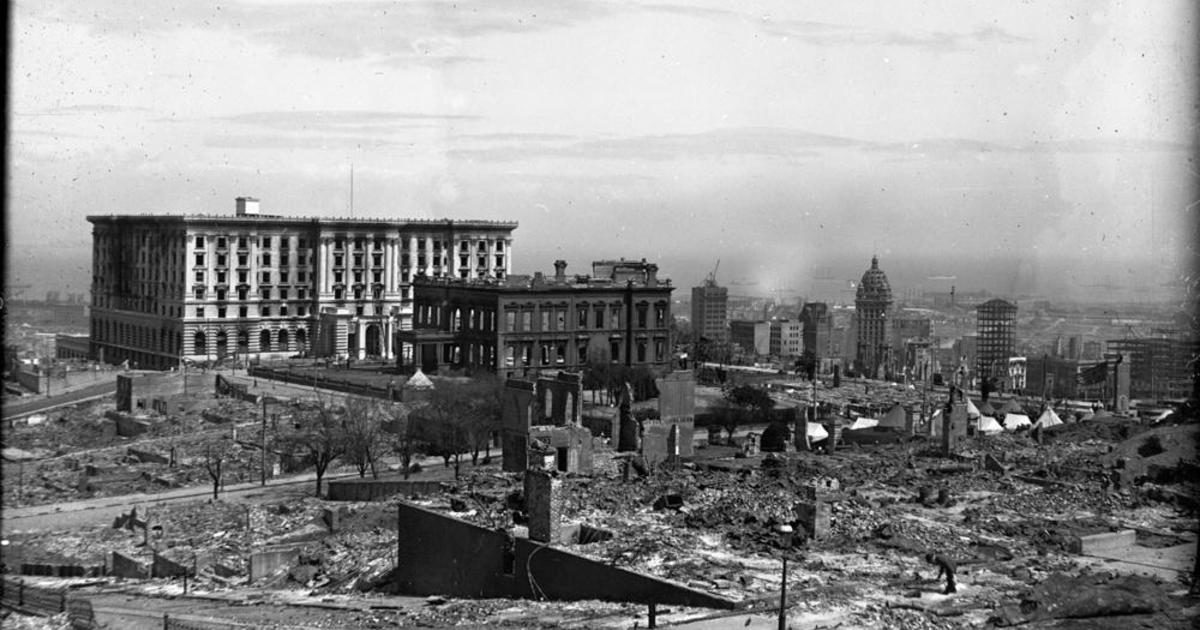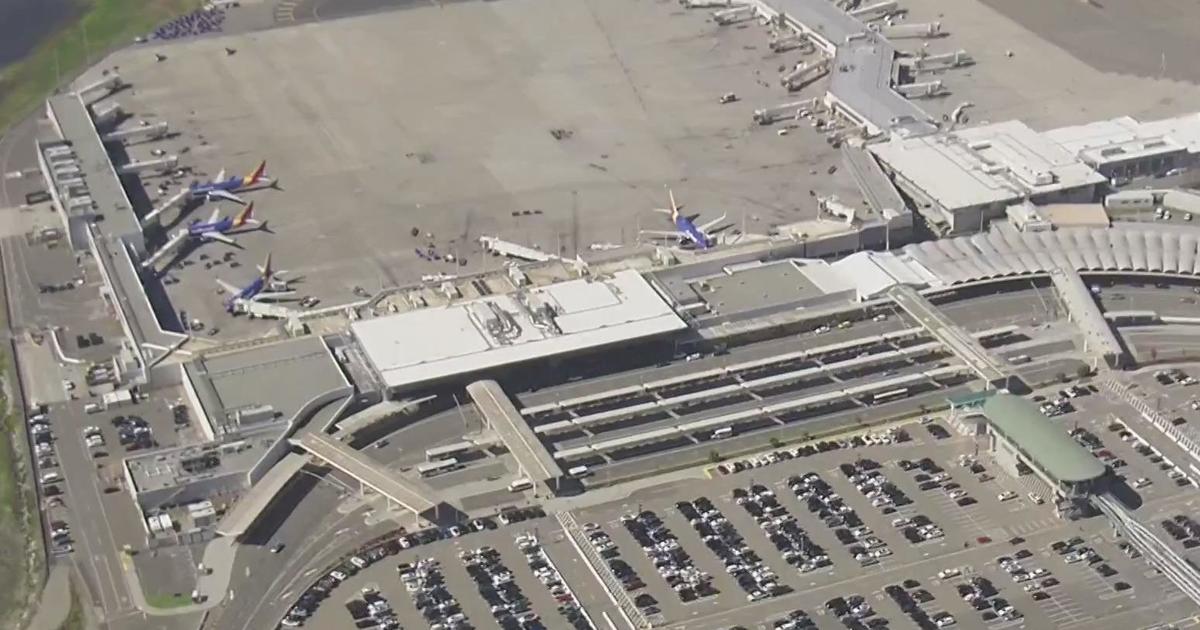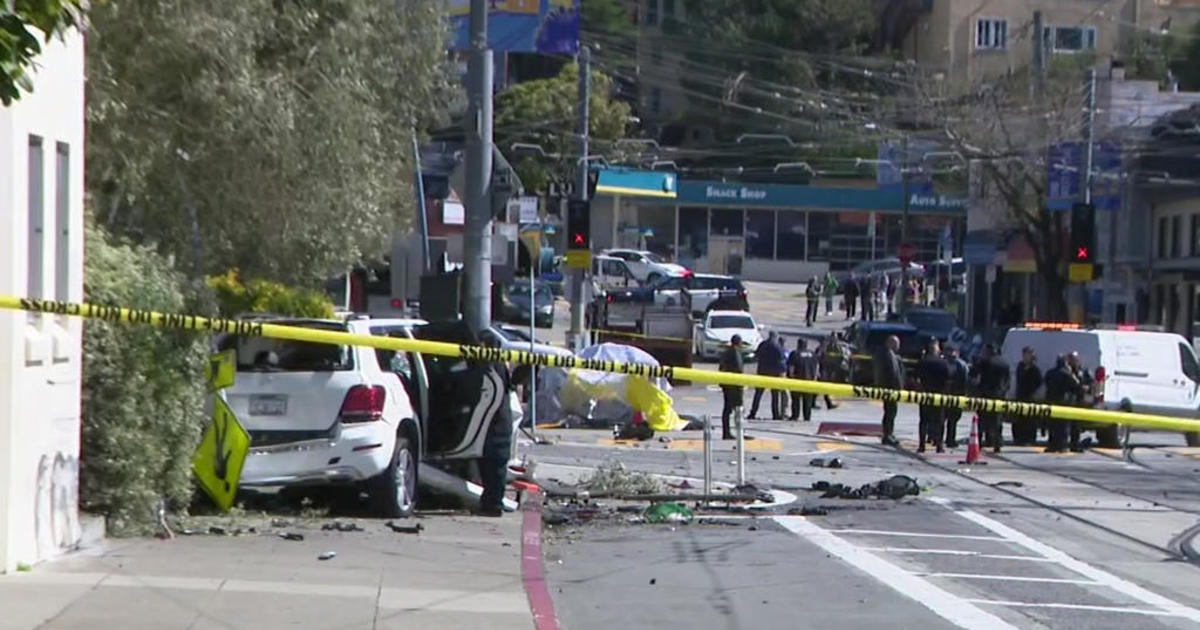Berkeley Earthquake Expert Links Fracking To Quakes On The 'Tectonic Timebomb'
SAN FRANCISCO (KCBS) — As the Bay Area marked the 25th anniversary of the Loma Prieta earthquake on Friday, there was no shortage of reminders of the power of Mother Nature and the promise of other big quakes to come.
But along with trying to predict Mother Nature's timing of quakes, researchers are also looking into how hydraulic fracturing, or fracking, can impact geological events.
KCBS In Depth cohosts Jane McMillan and Ed Cavagnaro spoke with Dr. Richard Allen, director of the Berkeley Seismological Laboratory, who is working on an earthquake warning system.
Allen told KCBS that a great earthquake is imminent in an area that's been referred to as a "tectonic timebomb" and that danger lies in how close the epicenter is to populated areas and pointed to the Loma Prieta as an example.
"That earthquake was just north of Santa Cruz. That means it was 60 miles south of San Francisco, Oakland and Berkeley and yet 80 percent of the fatalities were up in San Francisco and Oakland. I don't think there's any question we should expect more damage if we have a similar size earthquake—about a magnitude 7.0 earthquake—on the Hayward Fault or the San Andreas Fault," he said.
Related Content:
Allen also said there is evidence the wastewater disposal process of fracking— the process of drilling and injecting fluid into the ground at high pressure breaking shale rocks to release small bubbles of natural gas—is linked to earthquakes.
"When people are doing fracking, they're using high-pressure fluids. They have to dispose of these fluids; these fluids are often pumped back into the ground in separate waste water wells that usually much deeper than were the fracking is going on," he said. "There are regulations that under development right now and they primarily focus on monitoring the earthquake activity and I think that is absolutely key. We need to be informed about this; we need to have data. We need to put out seismometers in regions where kind of fracking and waste-water disposal operations are going on so that we can record the seismicity and really understand what the process is. Once we've done that, then we can start to access if there's any correlation or not."
Listen To Entire Podcast:



